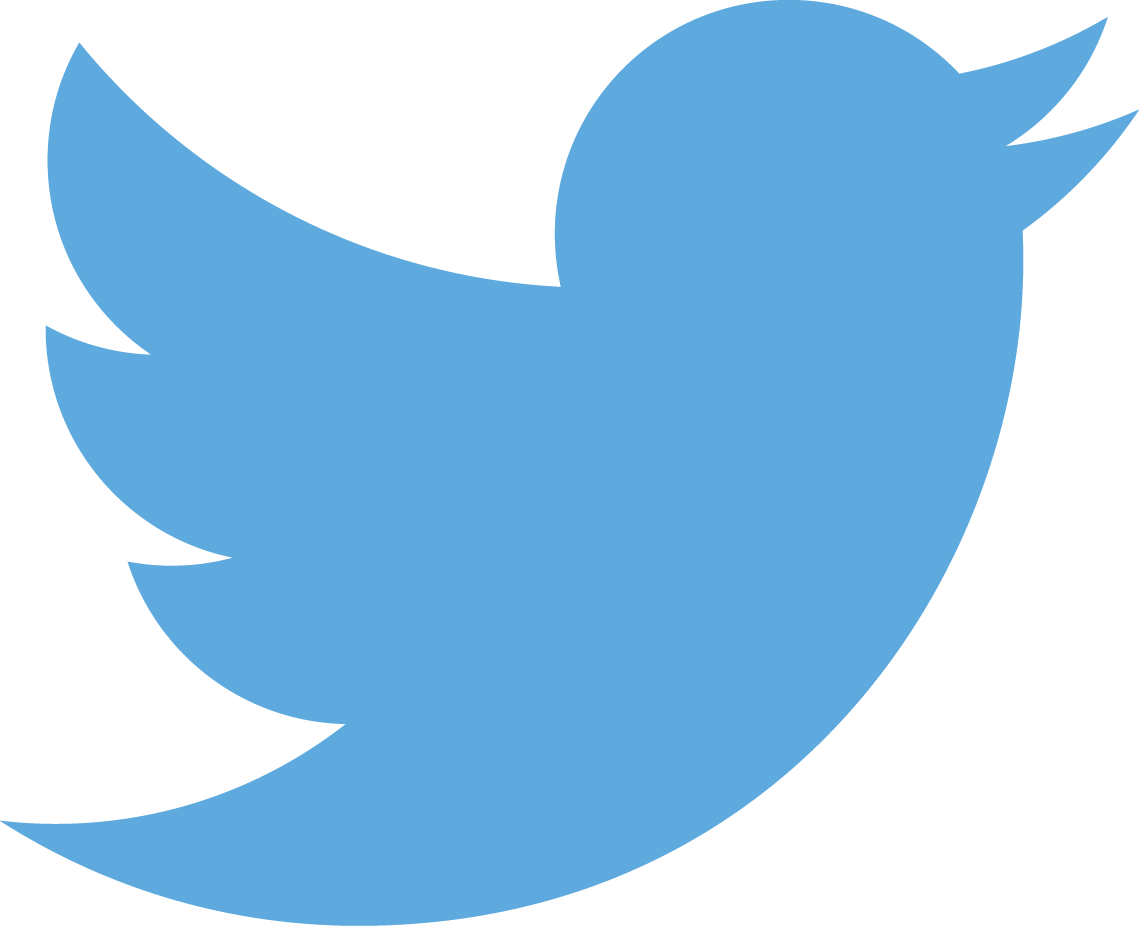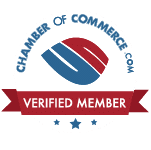An Investigational Phase 1/2 HSV-2 Therapeutic Vaccine: Vical

Read more on ClinicalTrials.gov
✪ Update: Read the press release announcing the completion of enrollment in this study. ✪
Principal Investigator:
Anna Wald, MD, MPH
Study Title:
A Randomized, Double-Blind, Placebo-Controlled, Dose-Escalation, Phase 1/2 Trial to Evaluate the Safety and Efficacy of Herpes Simplex Virus, Type 2 Therapeutic DNA Vaccines in Symptomatic HSV-2-Seropositive Adults
Study Description:
The purpose of this research study is to test two new investigational DNA vaccines in patients with genital herpes, or HSV-2. A DNA vaccine is a special type of vaccine that contains pieces of synthetic DNA or “genes” that are identical to DNA in the genital herpes virus. One of the study vaccines being tested contains one piece of DNA and the other vaccine contains two pieces of DNA. Your body should use the DNA to make proteins that should then cause your body to make an immune response to HSV-2. The study will see if the vaccines are safe and also whether they decrease the amount of HSV-2 that is shed in the genital area. The vaccines are not approved by the FDA. This is the first time they will be tested in humans.
The study will enroll men and women who are between the ages of 18 and 50 and have a history of genital HSV-2. Participants must be HIV negative and willing to use an effective form of birth control. Women must not be pregnant or breast-feeding. Some participants may be asked to stop taking HSV suppressive therapy during the study as well as HSV episodic therapy during 3 60-day swabbing sessions.
This study is what is known as a randomized clinical trial. Randomization means that participants are put into a group by chance. Participants will be randomized to receive either one of the two vaccines or placebo. A placebo vaccine is a vaccine with no active ingredients. Participants will also be assigned to a dose group (low, medium or high) depending on when they enter the study. Participants will receive a total of 3 vaccinations. Vaccinations will occur on Day 0, Week 4 and Week 8. Follow-up visits will occur 7 days after each vaccination. Visits will involve vaccinations, blood draws and physical exams.
The study will last for 14 to 17 months and involve at least 8 to 22 clinic visits plus phone calls. The number of visits and length of the study will depend on what study group you are assigned to.
Eligibility Criteria:
- Men and women between the ages of 18-50
- History of genital herpes (HSV-2) outbreaks
- In good health
- Women of child-bearing potential must not be pregnant.
- Must agree to practice adequate contraception for the entire study period
Exclusions (conditions which would prevent a volunteer from participating in this study)
- History of any form of HSV infection of the eye or HSV-related erythema multiforme
- Have any known impairment of the immune system
- Have hepatitis B or C, or HIV infection
- Pregnant or breast-feeding (women only).
- Some participants may be asked to stop taking HSV suppressive therapy, will to stop taking therapy during the study.
- Plan on participating in any other studies involving investigational drugs in the next year
Location:
UW Virology Research Clinic
908 Jefferson St, 11th Floor
Seattle, WA 98104
Compensation:
Participants will be compensated up to $820 - $1795 depending on study group assignment.




